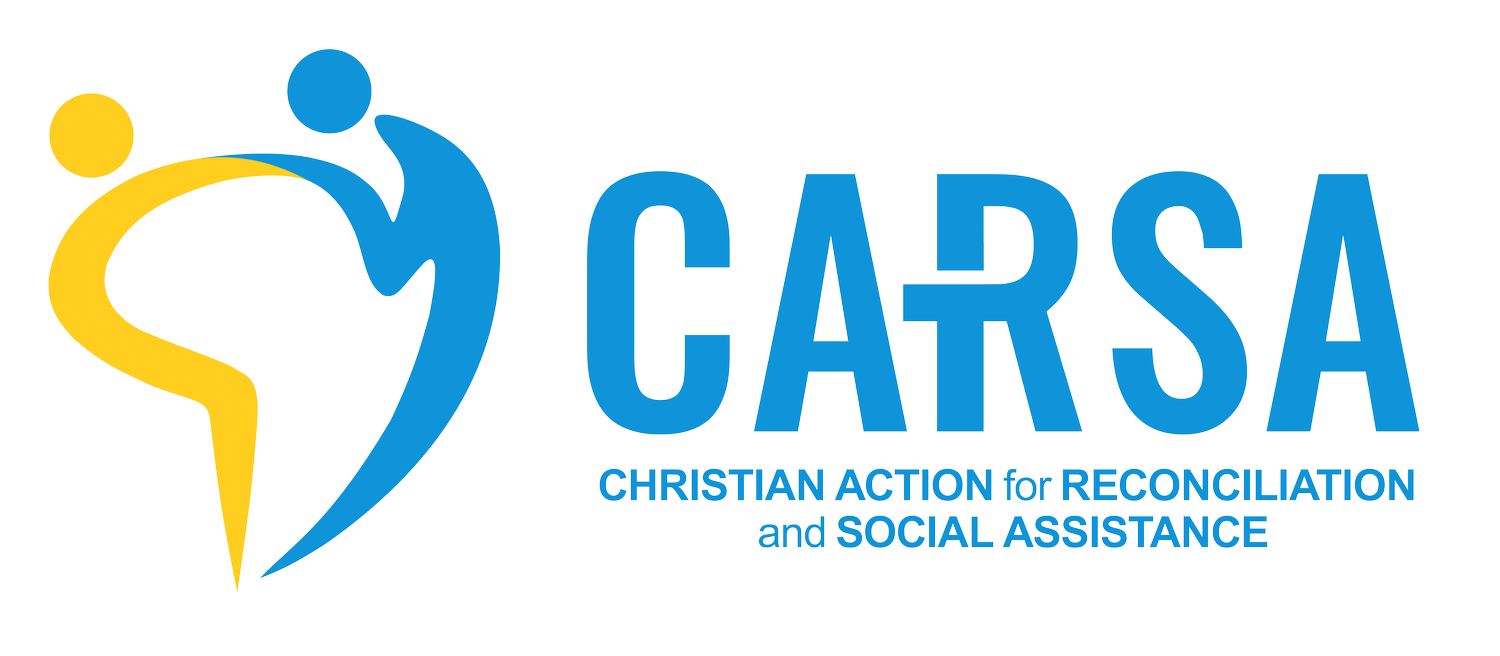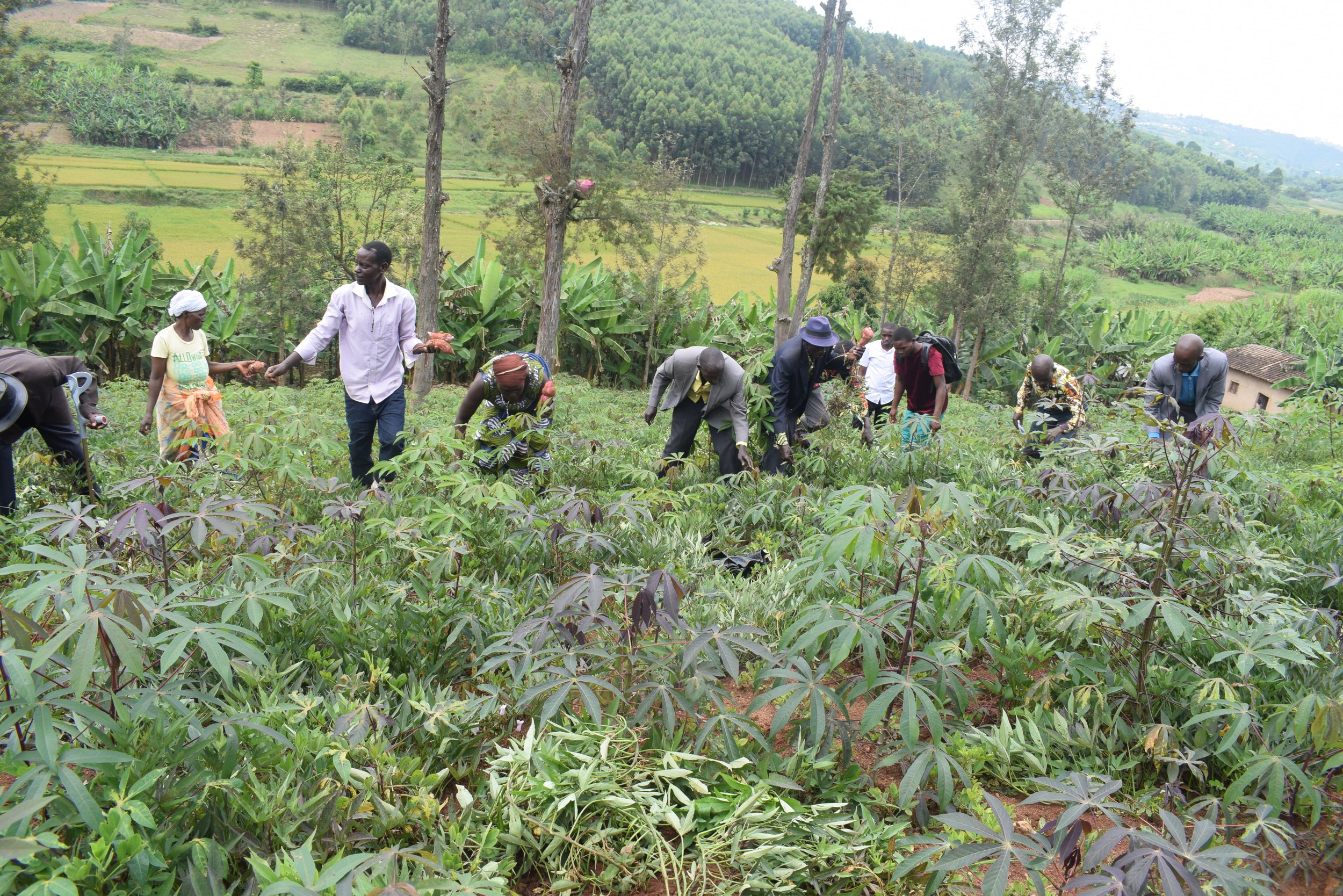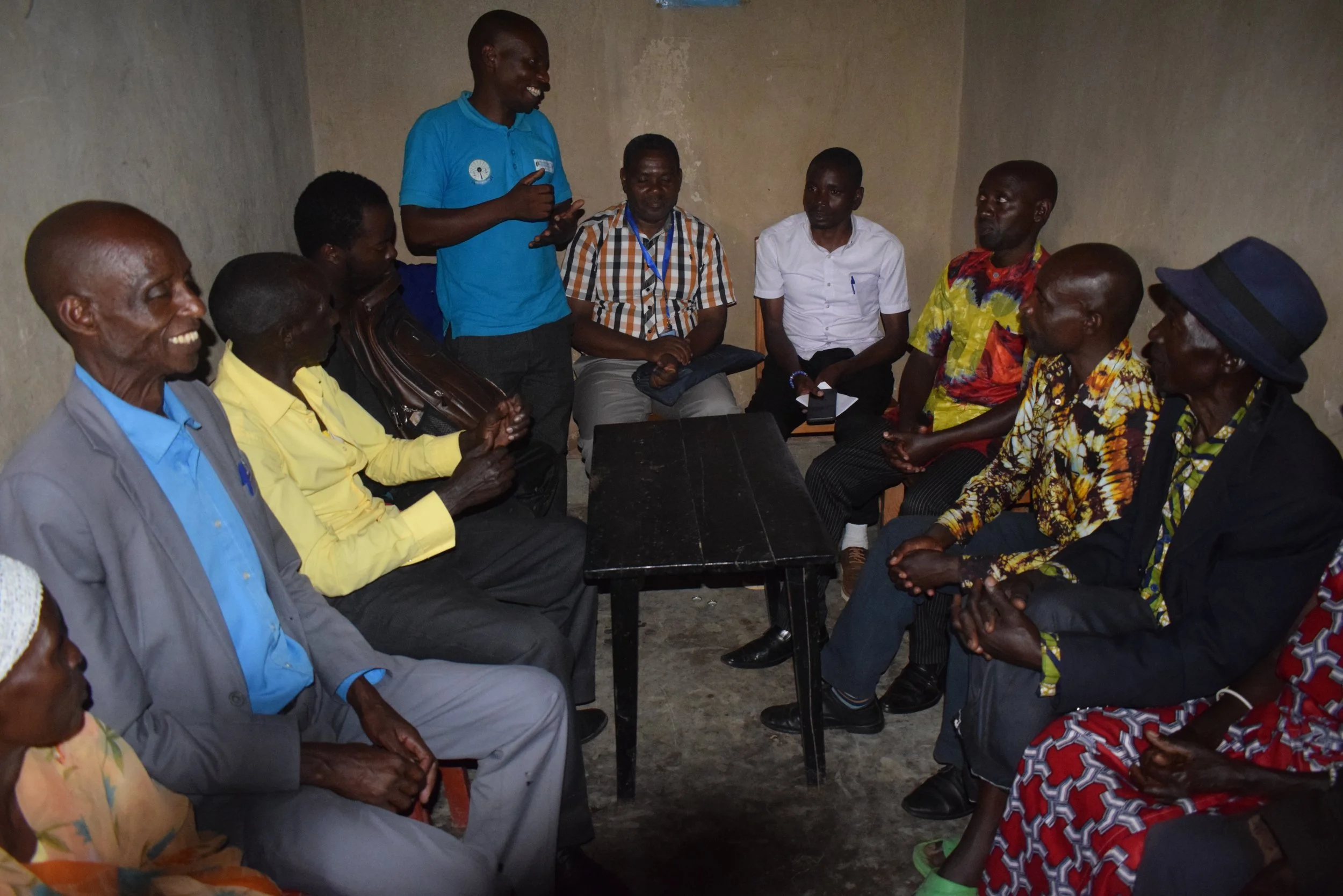Resilience Cell Groups (RCG) offer a place to heal and thrive post-genocide
The post-genocide reconciliation process has been very difficult because of the genocide effects that affected community members socially and psychologically. It was hard for a genocide offender and a victim to live in harmony after a crime like that of genocide but with the power of God and pragmatic initiatives like RCG (Resilience Cell Group) people have chosen to step beyond forgiveness, embrace reconciliation and work together for holistic change.
After CARSA takes people through a trauma and forgiveness workshop, participants form RCGs as platform to strengthen the started journey. Today, the genocide perpetrators and victims live together and work together in harmony in over 80 communities throughout Rwanda called “Resilience Cell Groups (RCGs).” The purpose of the groups is to create a better life and to work toward healing for both victims and perpetrators of the genocide.
All RCGs were formed after genocide survivors, former perpetrators, and their respective families from the same community finished the Empower Workshop that helped them in fundamental mutual healing, practical reconciliation, and social cohesion. Through RCGs, members work together in restoring relationship and improving their well-being through available livelihood opportunities, such as Cow for Peace, Pigs’ livestock, farming, saving groups, and others.
One of those RCGs is ABIHUJE (who come together) located in Mpushi Cell, Musambira Sector, Kamonyi District Southern Rwanda. The group was initiated in the last 6 years and consists of 25 people both victims and their direct offenders.
Since its inception, the group has become a healing space where members meet regularly to share their personal stories, and life challenges that could hinder their reconciliation journey. Activities within this RCG include farming, building latrines, house repairing, and paying medical insurance.
Now, the group has expanded to income-generating activities. After taking the initiative, they are requesting their district leaders who gave them a piece of land and were given big land that equals to hectare(1Ha) for group farming. They have been growing sweet potatoes and cassava. Recently the group started harvesting potatoes and as they cannot consume all potatoes, they are taking them to the market to make money. They have a hope of getting good money to sustain their families and earn a living.
Munyurangabo Celestin, a presentative of Abihuje Resilience Cell Group said that the group helped them recover from their past trauma, accept all suffering they have experienced, able to forgive those who hurt them. The forgiveness brought joy, peace, new life, and trust in their families, groups, and community at large.
“My parents, my 3 elders’ children and many people from my familieswere all killed during the genocide even all properties were rooted. The genocide left me emotionally devasted and hopeless. Spending the seven-day in reconciliation workshop helped us to move to the first stage of healing and forgiving those who had hurt us but was not enough to restore the trust and relationship. Thus, RCG came to cement the reconciliation journey we have started in the workshop,” Celestin said.
“After restoring our relationships, we have started saving money as a group to sustain our medical insurance or respond to some family emergency issues. We can now collect $350 annually but we need additional activities to generate more income to cover our needs, this is we started the idea of farming potatoes and cassava. We’re now in the harvesting stage and we look forward to selling them, reinvesting, and the remaining ones will be equally shared to sustain our families,” Celestin Added.
The RCG members are thankful for good harvest
The RCG members are thankful for good harvest
Sector Farming Specialist( who stands) joined the festival.
The RCG group photo!





